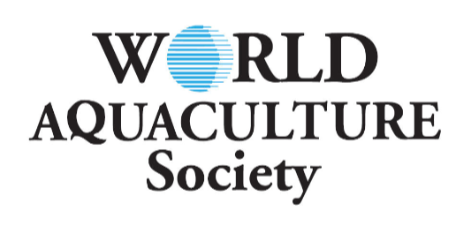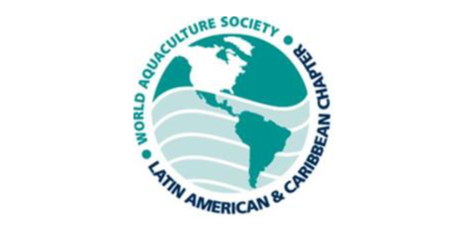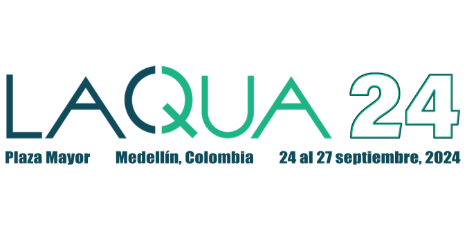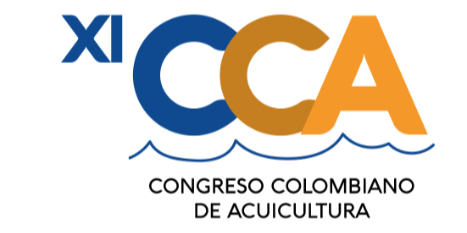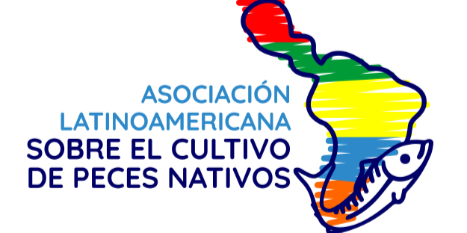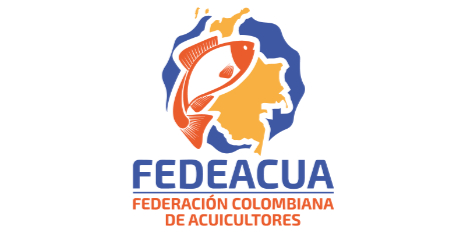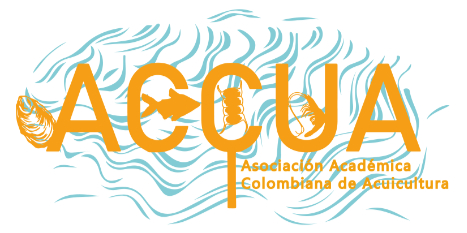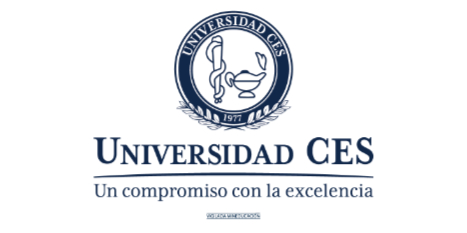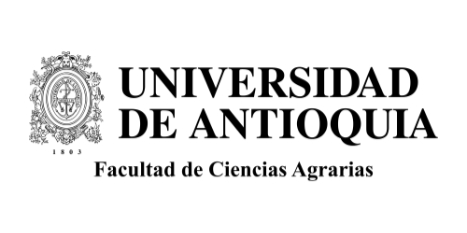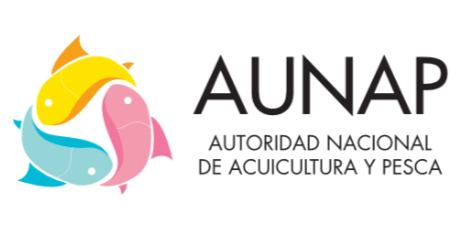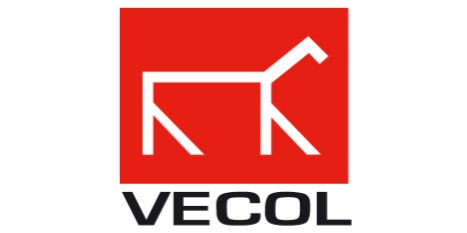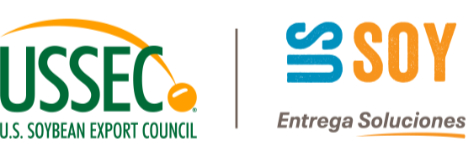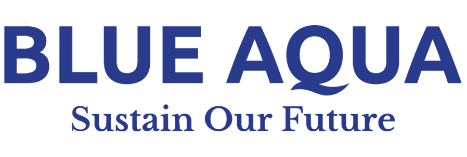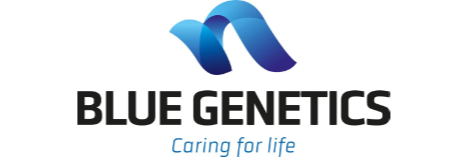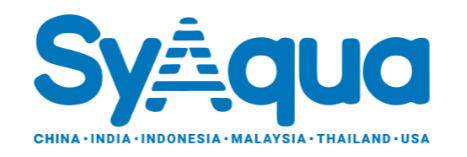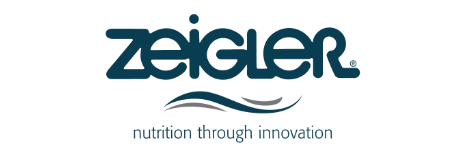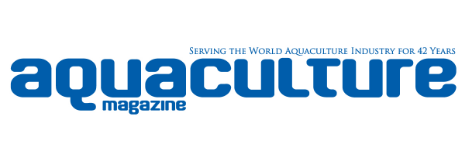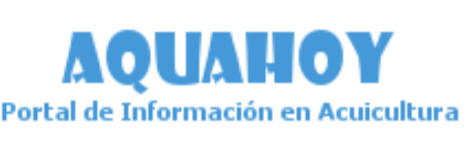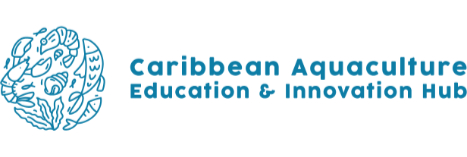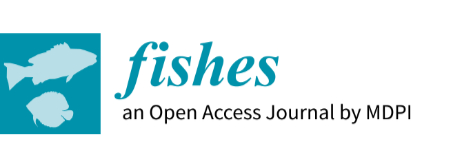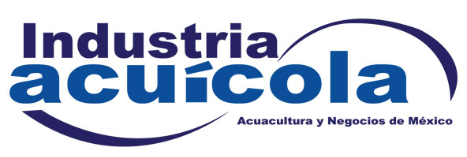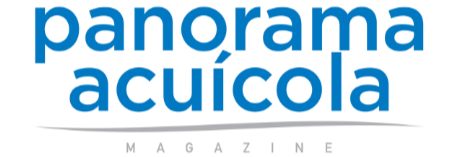Latin American & Caribbean Aquaculture 2024
Colombia has a wide hydroclimatic diversity and geographical, which has favored the development of the aquaculture, thus counting on production of species both warm waters and cold waters mainly In freshwater, mariculture is still an area for develop and strengthen. The largest species production are both red and Nilotic Tilapia, cachama, rainbow trout and native species. Aquaculture in Colombia has been growing at a rate of close to 10% per year, this is how it has reached production of about 204,000 tons in the year 2022. The main reasons for this growth are associated with productive improvement (genetic improvement, innovation in production systems, optimization in culture conditions, implementation of biosafety and quality systems).
Today Colombia has about 36,000 producers distributed throughout the national territory and it is estimated that in 31 of the 32 departments there are aquaculture production. This aquaculture production is one of the fundamental axes within the agricultural sector since it not only generates foreign currency for the country but also is considered a food safety activity for small producers located in the regions further away. On the other hand, there are departments and regions that have a greater development and have achieved the verticalization of the activity, with production plants certifi ed exports on stamps on international stamps of quality that have allowed the export of this product generating formal jobs and improving the quality of life of people linked to aquaculture.
The conference will be held in three languages for spoken and written materials. The conference will include all major aquatic species cultured in Colombia and the other LACC countries with a special focus on tilapia, trout, shrimp and marine species.
INTERNATIONAL EXHIBITION
There will be an exhibition of aquaculture suppliers from around the world displaying the latest in equipment, supplies and services. As well as national entities.
24 - 27
September 2024 Medellín, Colombia
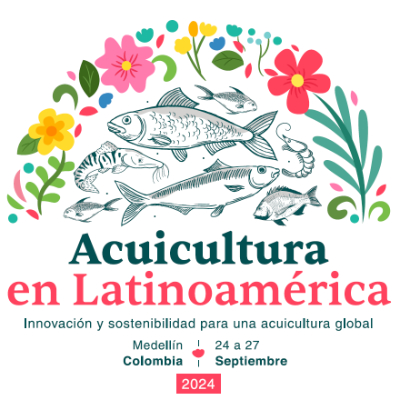
Innovation and sustainability for global aquaculture
Plenary Speakers
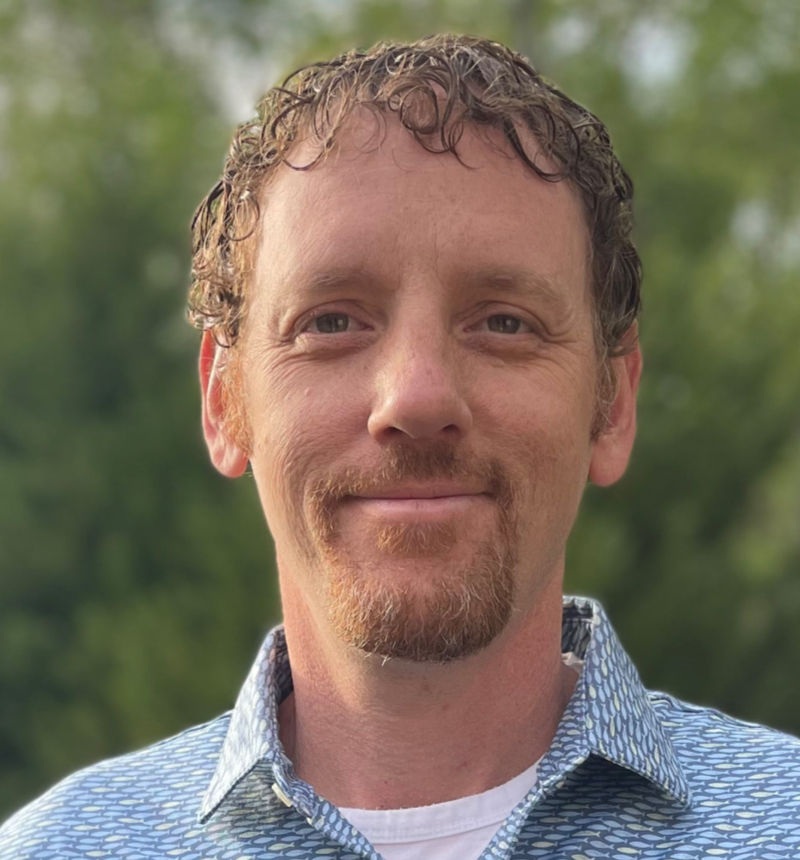
Dr. Benjamin LaFrentz
Research Molecular Biologist
Dr. Benjamin LaFrentz
Research Molecular Biologist
Addressing re-emergent Streptococcus agalactiae in tilapia production through international collaboration
Dr. Benjamin LaFrentz has been actively conducting basic and applied research in aquatic animal health for the past twenty-four years, with a special emphasis on pathogenic Flavobacterium spp. and tilapia pathogens. Prior to employment with the USDA-ARS, he worked collaboratively with the rainbow trout aquaculture industry in Idaho (USA) on research projects aimed at understanding host immunity against Flavobacterium psychrophilum, the causative agent of bacterial coldwater disease, and vaccine development. At the USDA-ARS, he has applied his expertise towards columnaris-causing bacteria (formerly known as Flavobacterium columnare) as well as other important bacterial pathogens of channel catfish and tilapia. Through these projects, he has conducted research on host immune mechanisms, identification and characterization of immunogenic antigens, vaccine development, identification of bacterial virulence factors, molecular diversity of pathogenic bacteria, and selective breeding for disease resistance. The goal of this research is to develop new methods for disease prevention that will improve the sustainability, productivity, quality, and profit of important aquaculture species. Three prominent accomplishments include (1) development of the first live attenuated vaccine for Flavobacterium psychrophilum, (2) deciphered the genetic diversity of Flavobacterium columnare and split into four species with biological associations, and (3) co-led a project to selectively breed tilapia for resistance to Streptococcus iniae, S. agalactiae, Francisella orientalis, and tilapia lake virus (TiLV). He holds an appointment as an Affiliate Assistant Professor at the University of Idaho and Auburn University and serves as a member of the Editorial Board for the Journal of Fish Diseases. Dr. LaFrentz is an active member and Past President of the American Fisheries Society Fish Health Section and maintains membership in the World Aquaculture Society and the European Association of Fish Pathologists.
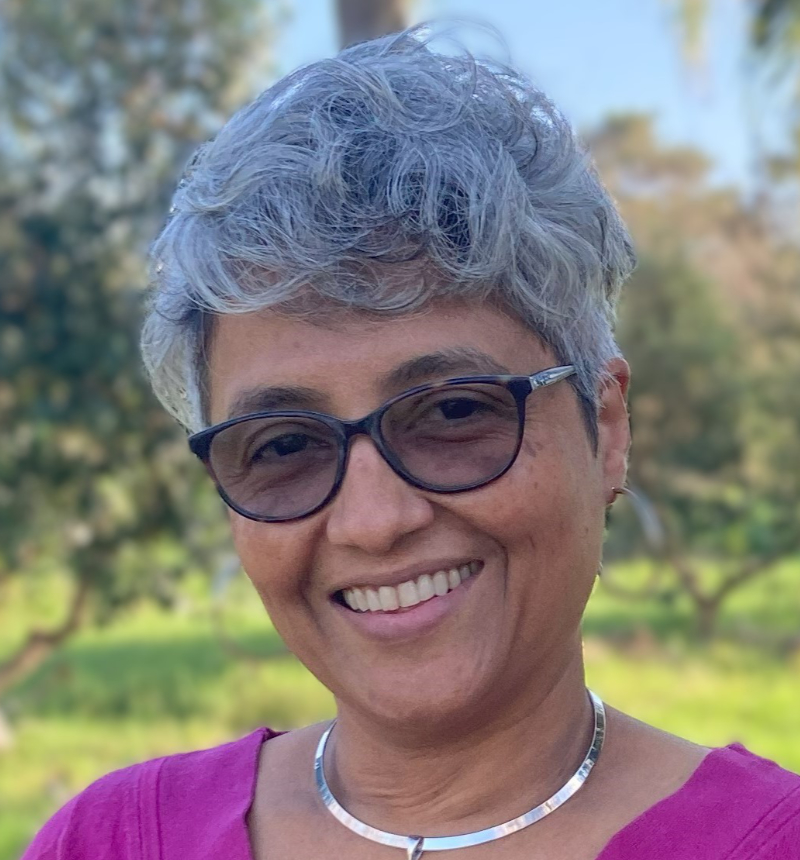
Dra. Nelida Rodriguez Osorio
Universidad de la Republica. Uruguay
Dra. Nelida Rodriguez Osorio
Universidad de la Republica. Uruguay
Potential and realities of omics technologies in aquaculture
Lecturer at the Faculty of Agricultural Sciences of the University of Antioquia between 2000 and 2016. Since 2016, she has been a lecturer at the University of the Republic in the city of Salto, where she directs the Genomics and Bioinformatics Unit of the Department of Biological Sciences. Her main line of research is functional genomics and epigenomics of embryogenesis and gametogenesis in mammals. However, given the transversality of genomics, his second line of research in Agrogenomics has allowed him to establish collaborations that apply genomic tools to answer questions relevant to species of agricultural interest. She has participated in the direction of 4 doctoral theses and 9 master's theses. She has co-authored 33 scientific articles, including the publication of the bovine genome in the journal Science in 2009 and the publication of the genome of the bocachico Prochilodus magdalenae, obtained in collaboration with Piscícola San Silvestre, the University of Antioquia and with funding from ISAGEN. He is currently coordinating the assembly of the genome of the striped catfish (Pseudoplatystoma magdaleniatum) and is part of the international consortium for the assembly and annotation of ruminant telomere-to-telomere genomes - RT2T.
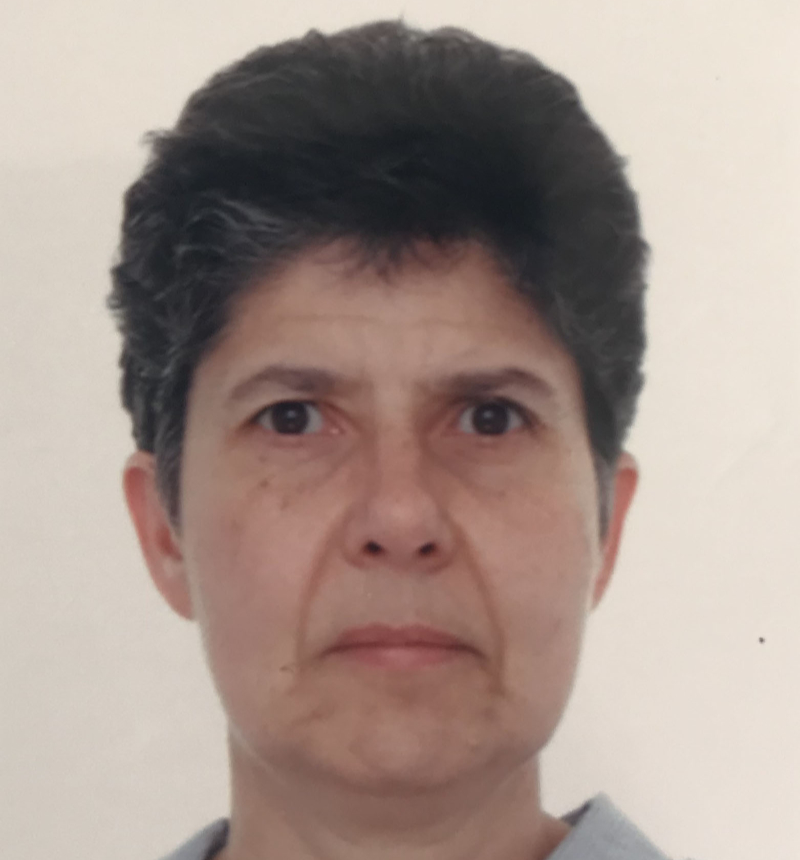
Marcela Salazar
Scientific Director, Benchmark Genetics
Marcela Salazar
Scientific Director, Benchmark Genetics
Potential and realities of omics technologies in aquaculture
Physician from the Pontificia Universidad Javeriana in Colombia, trained in Immunogenetics in the laboratory of Dr. Edmond Yunis at Harvard Medical School. Marcela has studied the genetics of the immune response against viral and bacterial infections in humans, shrimp and inbred strains of mice for more than 20 years. Since 2001 she served as Scientific Director of the Aquaculture Research Centre at CENIACUA, and since 2016 she holds the same position now at Benchmark Genetics Colombia. Her main field of research is the immune response of P vannamei against viral infections using white spot syndrome virus as a model, as well as selective breeding of P vannamei She is also a board member of Corporación CorpoGen, a non-profit biotechnology research organisation in Colombia.
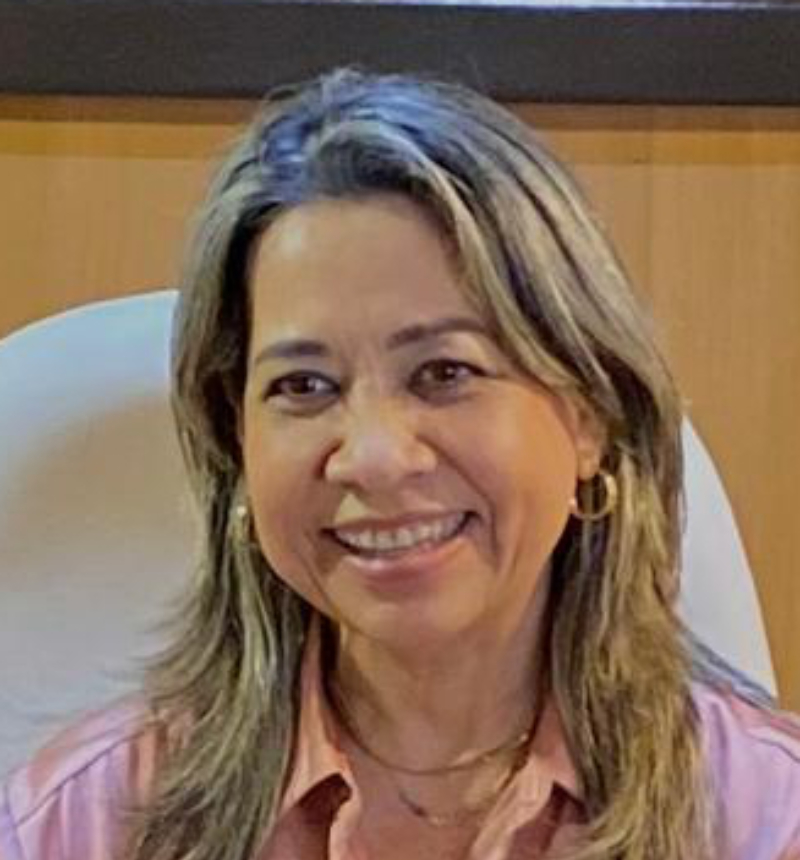
Dra. Crisantema Hernández González
Full Research Professor
Dra. Crisantema Hernández González
Full Research Professor
Innovation and feed resources for aquaculture.
Her research has focused on the cultivation of aquatic organisms (tilapia, shrimp), development of functional foods and nutritional requirements for the biotechnology of marine fish farming such as snapper and snook. Studies on obtaining bioactive compounds such as antioxidants obtained from agro-industrial and fishery by-products, as part of a circular economy. The aim is to promote the growth of the aquaculture industry, which faces challenges due to the impact of diseases that undermine the economy of producers. Has been responsible for consultancy projects at the request of national and international R&D&I companies such as Lucta Mexico, Lucta Spain, Bioiberica (Spain) and Core Food Solutions (Mexico-USA). Responsible for two commercially important fish feed patents; snapper pre-fattening and fattening. MX/a/2012/010366; pre-fattening/fattening of tilapia MX/a/2015/016590 both available to aquaculture producers and feed plants in the entity and the country. As well as Co-author of a third Patent of Invention in collaboration with CIDIR-IPN Guasave, Sin., and UPSIN called: Process for obtaining protein hydrolysates from by-products from tuna (Thunnus albacares) processing MX/a/2017/006215. In the last 10 years he has published 60 JCR articles. Of the 60 articles, 31% are listed as first author, 60% as corresponding or responsible author and 13% as co-author. She has published 6 book chapters. In teaching in the last 10 years it has graduated 12 PhD students, 23 Masters students, 42 undergraduates, 1 postdoctoral student in process. Member of the Mexican Academy of Sciences since 2020 and of the Scientific Committee of the Sinaloa Institute of Aquaculture and Fisheries (ISAPESCA).
